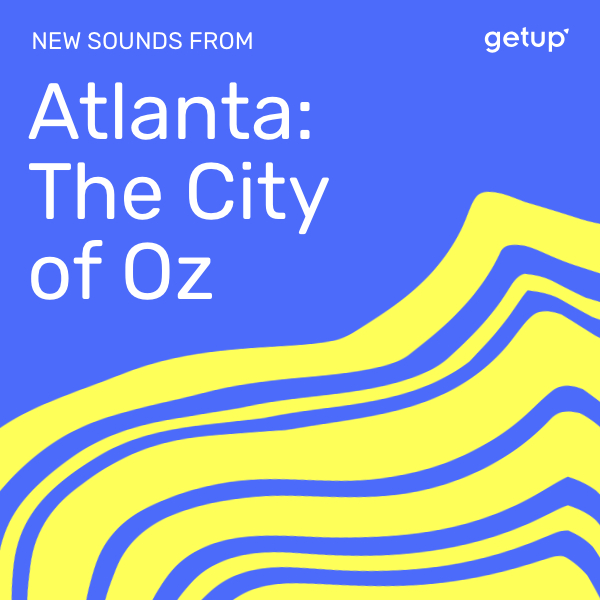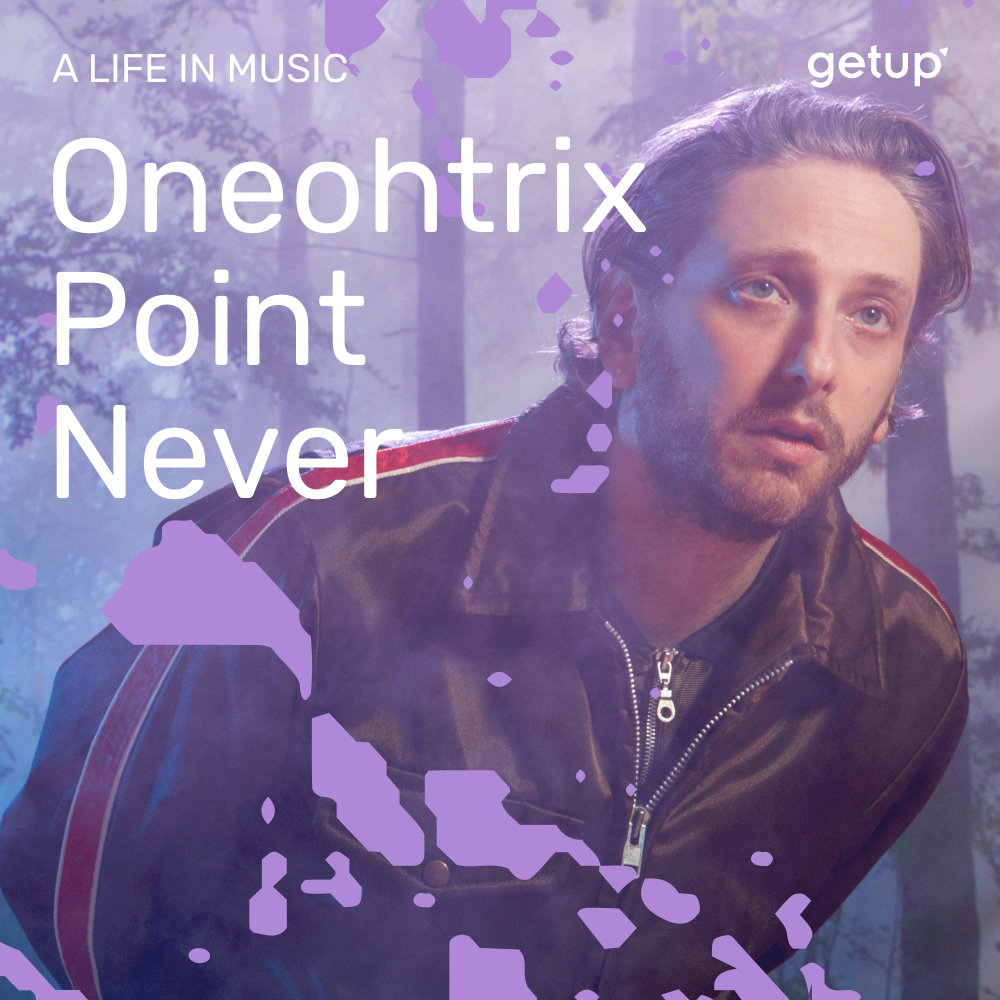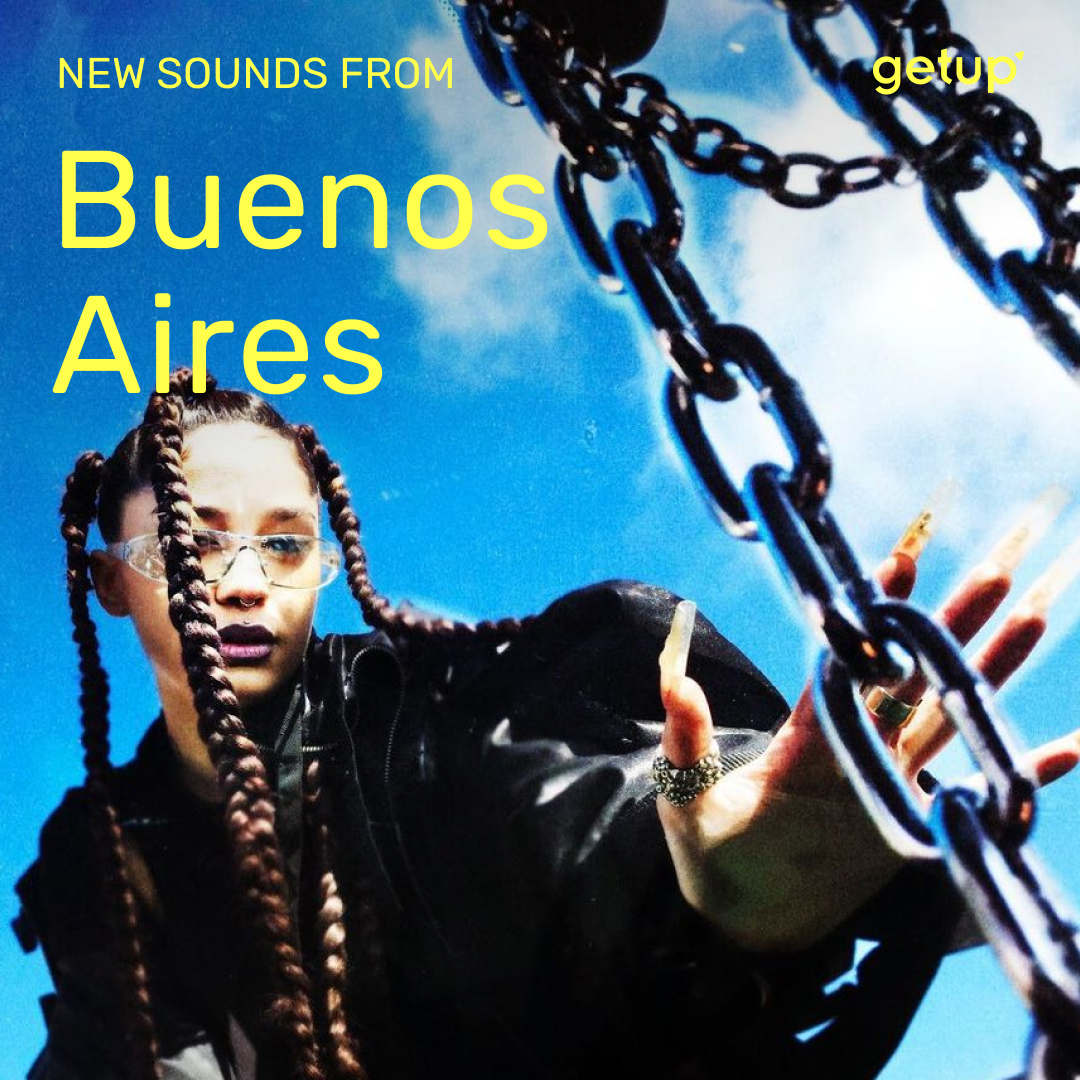‘He showed me a CGI picture of an uprooted castle floating amongst the clouds and said, “That’s the kind of music I want to make.”’ This anecdote about the rapper Lil B is recounted by the American journalist Noz from the blog Cocaine Blunts. It refers to the origin of the name of a new member of the hip-hop family: cloud rap. It started in the United States, eventually going global and regenerating it’s mother genre in the process. The reason for its success lies in its nature: its minimal approach means that it was conceived with simple tools (a computer and a microphone) and the internet to spread the music rapidly among its fans.
If we consider the history of pop as a series of waves that break and overlap, cloud rap can be seen as a reaction to the omnipotence of US rap from the early 2000s, with certain rappers (Jay-Z, Eminem, Kanye West, etc) finding the same fame as the pop stars of previous decades. Faced with the reign of commercialism, part of the new generation chose to go underground. Some rappers have turned their backs on turntables and vinyl records to build their music with computer software and samples drawn from 1980s pop, ambient, techno, and even new-age music.
With rhythms that owe a lot to the trap music of the southern states, cloud rap’s minimal structure has allowed it to emerge from such intimate recording spaces as artists’ bedrooms. At least that’s the impression given by the production, the antithesis to a more bling-bling style of rap. This aesthetic has closely followed the evolution of electronic music towards more ambient and pop sounds (chillwave and witch house, for example), and is perfectly suited to lyrics that still occasionally feel a bit teenage. If we add the influence of a few prohibited substances to the slowing down of the rhythms and the sometimes abusive use of autotune, we have the recipe for cloud rap, a name that suits its time, given the allusion to ways of both storing and streaming music online.
Essentially American, a whole scene has sprung up around cloud rap centering on its major players such as Lil B, A$AP Rocky, Travis Scott, and Playboy Carti, its already legendary producer Michael Volpe alias Clams Casino, as well as a host of other exciting names, though many prefer to stay in the shadows. The style has spread to Europe and has a few international stars who have made the genre their own, such as the Swede Yung Lean and the French duo PNL. Everyone, it seems, has fallen for the psychedelic experimentation and haunting atmospheres that allow you to reconnect with the universal essence of rap but which doesn’t over commercialise it. It’s what makes these artists unique and appealing to their fans, as well as what’s led to some great chat successes.
.jpg)



.jpg)